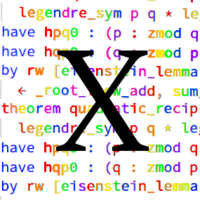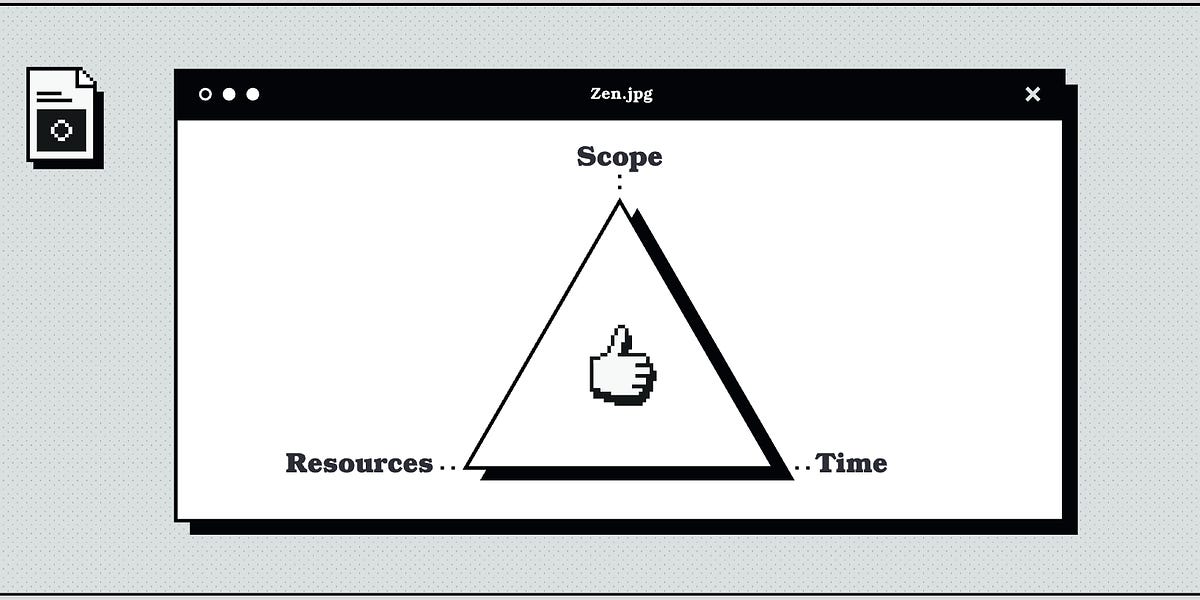The Humble For Loop in Rust: Performance and Readability
This article explores the trade-offs between the humble `for` loop and functional programming approaches like `map` and `fold` in Rust, considering both performance and readability. Through benchmarks comparing different methods on vector and nested vector operations, the author finds that `map` often outperforms `for` loops in simple transformations, offering better declarative style. However, for more complex scenarios such as flattening nested vectors or handling errors, `for` loops demonstrate a significant performance advantage and maintain greater code clarity. The author advocates for a pragmatic approach, choosing the best tool for the job rather than blindly favoring functional programming.













